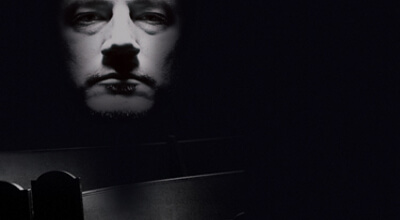Loving the Enemy
Eight years after my mother was killed, the phone rang. It was Mr. Watts with a question for me. As I talked with this man, a man who had taken so much from my family and me, I noticed a different tone in his voice, not the one filled with dripping hatred that I remembered as a child. Mr. Watts apologized for all he had done to my family. In prison, he entered into a relationship with God, which is why he called to ask if I would forgive him.
I told him my brother and I did forgive him and, in fact, we had forgiven him long before he had asked for forgiveness. I explained that our parents had modeled for us the words of Jesus in Luke 6:27-28 (NIV), “But I tell you who hear me: Love your enemies, do good to those who hate you, bless those who curse you, pray for those who mistreat you.”
I’m most often asked, “Becky, how in the world could you possibly forgive Mr. Watts for all the horrible things he did to you and your family?”
Humanly speaking, it’s natural to think that anyone in my shoes should have the right to seek revenge. This side of heaven, it’s easy to be preoccupied with settling the score, of hurting those who have hurt us or withholding forgiveness out of spitefulness to those who have wronged us.
However, if I allow myself to go down the pathway of rage and retaliation, several things happen, and none of them are good. What’s more, you and I have an obligation to forgive because we’ve been so richly forgiven. In that respect, forgiveness is the language of heaven. That’s the message in Jesus’ parable of the unforgiving servant in Matthew 18:21-35. As you read it, don’t overlook the powerful warning at the end: “That’s what my heavenly Father will do to you if you refuse to forgive your brothers and sisters from your heart.”
As crazy as it sounds, we’re commanded to speak the language of heaven, to forgive with no strings attached; and that may require us to forgive repeatedly. When we do, we shock the world with God’s power at work within us.
When they shake their heads in wonderment, when they struggle to understand how anyone could forgive like that, we have the opportunity to point them to the cross—the ultimate act of forgiveness. Not only that, as I open the door of my heart to Jesus and in His strength forgive others, that’s when I’m set free.
Rebecca Alonzo is a speaker on betrayal and the power of forgiveness. She and her husband live in Franklin, Tenn., with their two children.
Bob DeMoss has collaborated on numerous books, including three New York Times best-sellers. He and his family live in Nashville, Tenn.












